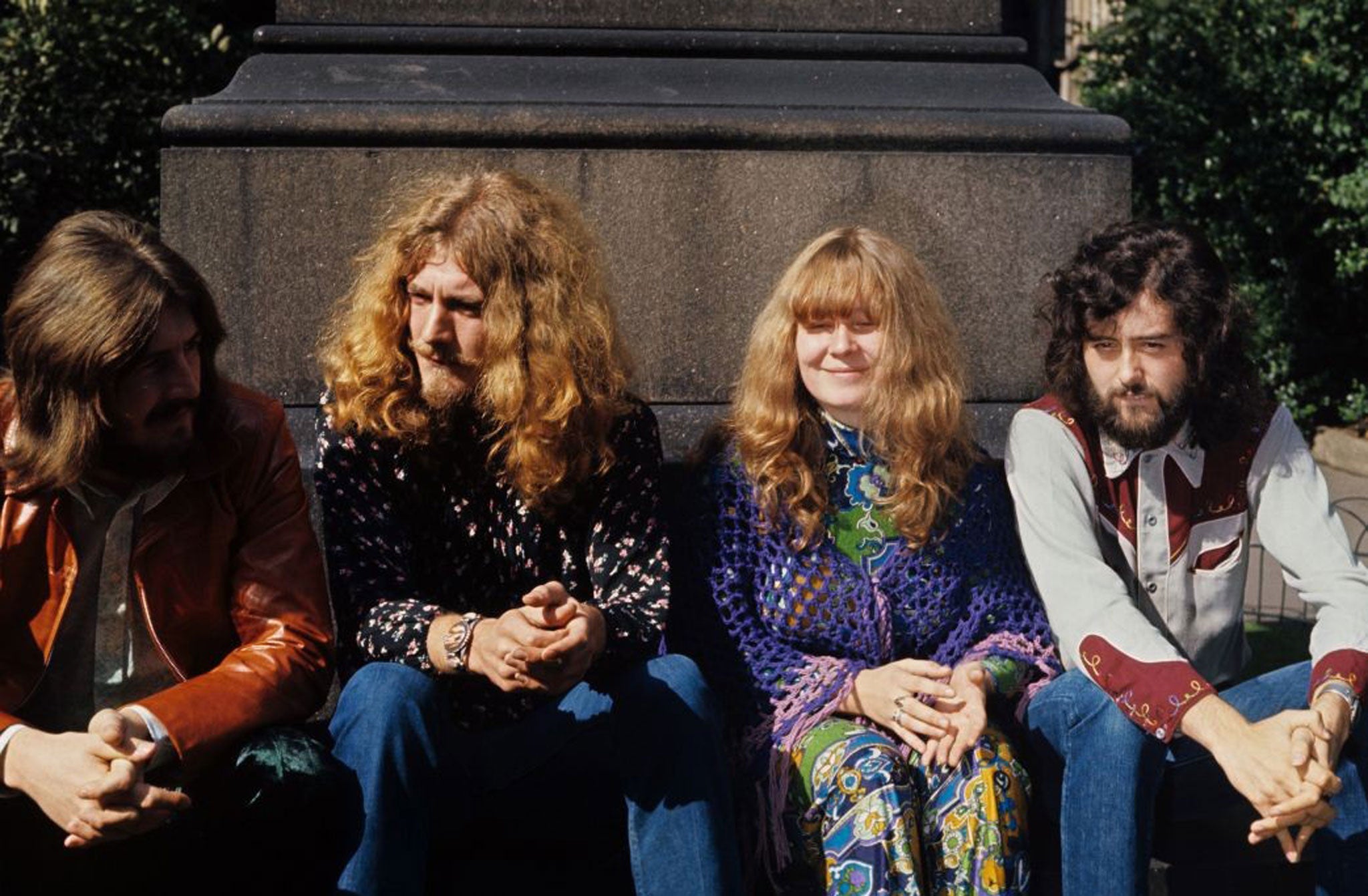I've Always Kept a Unicorn by Mick Houghton, book review: An account of a life unfulfilled
Tragic tale of folk pioneer Sandy Denny whose music demands to be heard

Your support helps us to tell the story
From reproductive rights to climate change to Big Tech, The Independent is on the ground when the story is developing. Whether it's investigating the financials of Elon Musk's pro-Trump PAC or producing our latest documentary, 'The A Word', which shines a light on the American women fighting for reproductive rights, we know how important it is to parse out the facts from the messaging.
At such a critical moment in US history, we need reporters on the ground. Your donation allows us to keep sending journalists to speak to both sides of the story.
The Independent is trusted by Americans across the entire political spectrum. And unlike many other quality news outlets, we choose not to lock Americans out of our reporting and analysis with paywalls. We believe quality journalism should be available to everyone, paid for by those who can afford it.
Your support makes all the difference.The history of popular music is overcrowded with artists whose fame and achievements were cruelly incommensurate with their talent. Few can have been as gifted as Sandy Denny.
Her voice was dark and pure, breathy and husky, intensely emotional but redolent with tristesse. Nearly 40 years after her death, folk-rock maven Dave Swarbrick can still scarcely believe how good she was. "How can you quantify a performer that stood and stands somewhere between Piaf and Jupiter?" he asks Mick Houghton in this melancholy account of a life unfulfilled.
Even Joe Strummer was a fan – he was once disappointed to have missed her by minutes at the home of a mutual friend – and she is probably best known to the wider musical public for her soaring duo with Robert Plant on Led Zeppelin's "The Battle of Evermore". Plant believed her to be the greatest ever British female singer, and recalled of their collaboration: "It was a spectacular moment for both of us."
Her interpretations of other work were usually definitive. Her own songs were perhaps, never destined to be chart-toppers but the devoted cult following Denny developed never propelled her to the kind of fame and sales she deserved.
She came from a solid, middle-class family from whose respectable bosom she leapt into the burgeoning 1960s folk scene, which Houghton vividly chronicles. As a fellow denizen of the circuit, Heather Wood, told him: "We weren't on any sort of mission to preserve folk music, nor was Sandy. We were into free beer and getting laid."
She was riven with contradictions: massively insecure as a singer and musician but none the less with huge confidence in her own abilities; sharply ambitious but petrified of success; shy and needy, but loud and feisty, at home drinking, smoking and bantering with the boys.
When she joined Fairport Convention folk-rock was effectively born, and the albums she recorded with them constitute their finest work. She had two stints with them, and the first spell was, perhaps, the only period in her life when talent and achievement matched up.
The 1970s became increasingly difficult for her as her career failed to catch fire and her fears and insecurities – fuelled by drink and drugs – rushed in to fill the vacuum. The singer and songwriter Beverley Martyn, wife of John, noted with dismay that "she had turned into the first folk diva".
Dismay, in fact, is the dominant feeling as Houghton charts Denny's decline; unhindered by marriage and the birth of a daughter, her last couple of years were disastrously chaotic. She died of a brain haemorrhage after falling down a flight of stairs. Those last few chapters are painful to read as Denny's demons kicked in and her life fell apart. In one extraordinary and telling scene, during one of her later concerts, a showcase at the Royal Albert Hall, her friend Bambi Ballard was recruited to get her through it: "She couldn't go on unless I went with her. I ended up sitting under the piano and every so often she'd put her hand down and I'd squeeze it and she'd carry on."
Houghton has done a diligent job, talking to most of those figures still around who might have something to contribute to this sad tale – the likes of Richard Thompson and the rest of the Fairports. The fondness of their memories is tempered by an acknowledgement that Denny could be "difficult", as well as bemusement that she never hit the big time. Listen to her work and you will be bemused, too.
Join our commenting forum
Join thought-provoking conversations, follow other Independent readers and see their replies
Comments